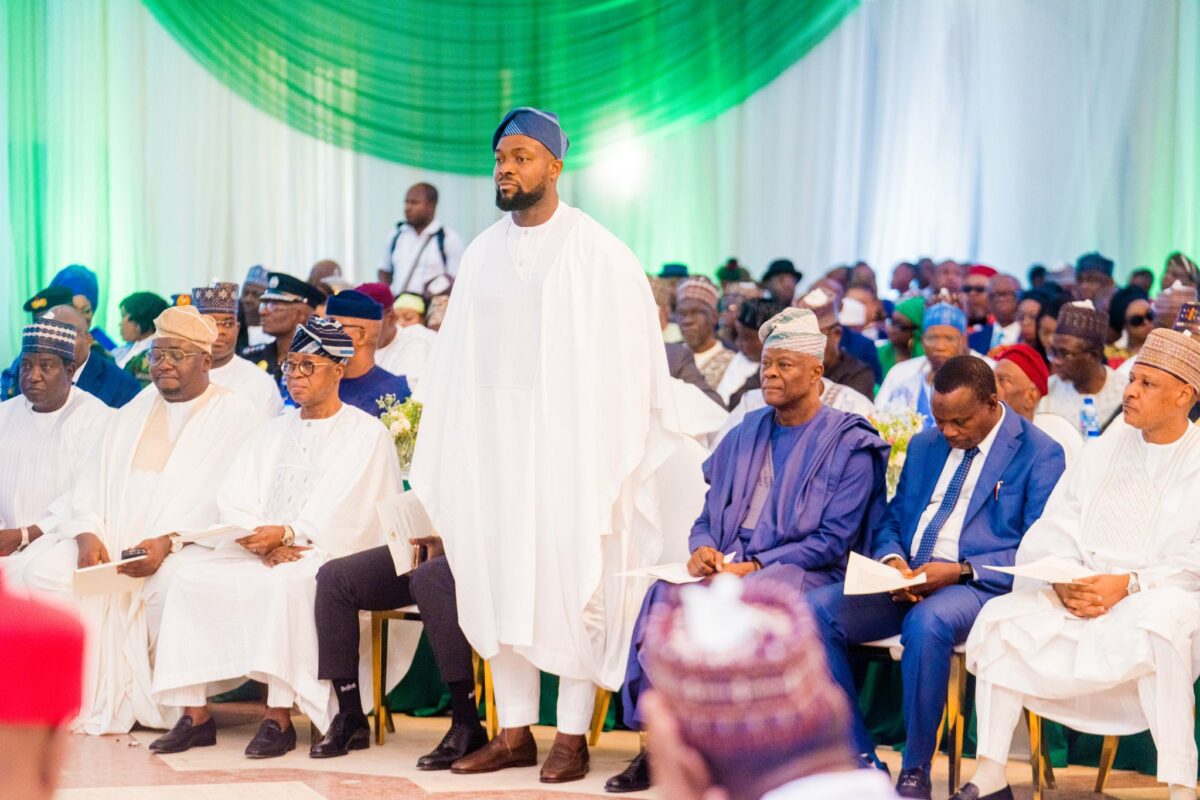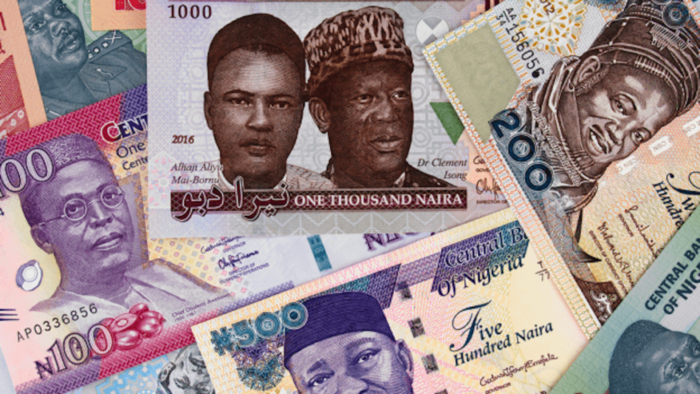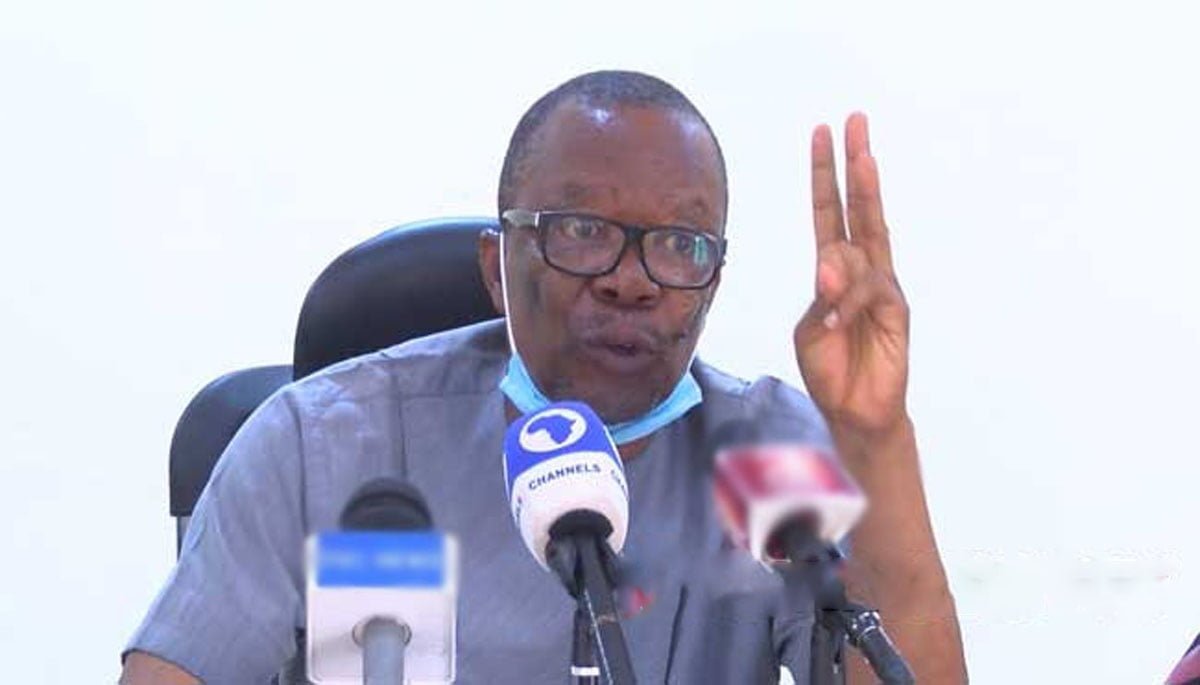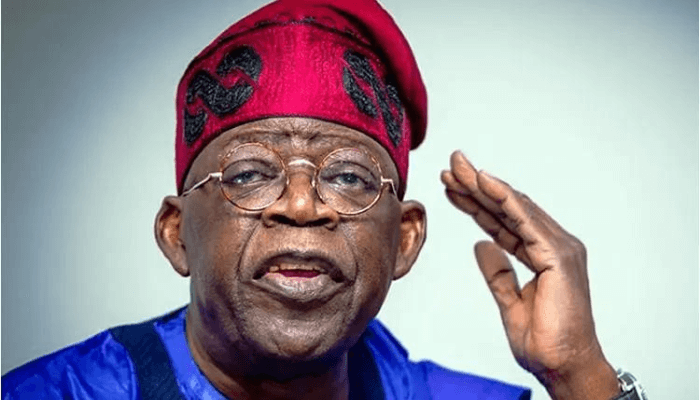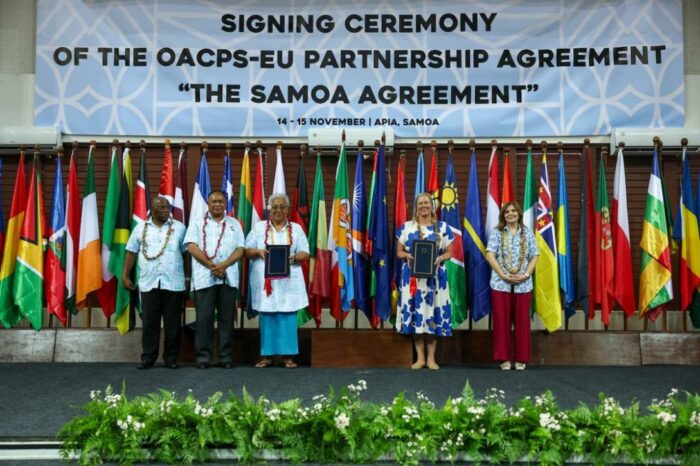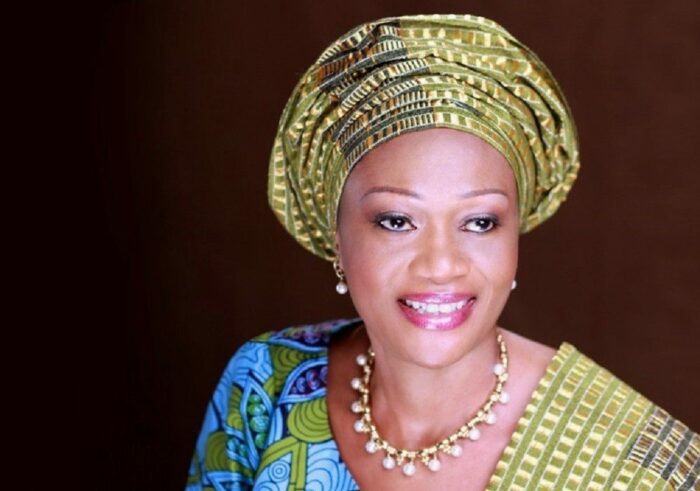On July 19, 2023, 51 days after he was sworn in, President Bola Ahmed Tinubu released the first list of ministerial nominees to the Senate against a backdrop of questions. About a month later, Tinubu inaugurated a 45-member ministerial cabinet to steer governance for the next four years.
Questions about the antecedent and the qualifications of the ministers have been recurrent.
For context, the power to nominate candidates for ministerial positions is exclusively exercised by the president, according to the amended 1999 constitution. Per the same constitution, scrutiny is exclusive to the legislature.
Sometimes, the presiding government may create ministries, narrow the focus of an office or expand it. Tinubu’s cabinet is not lacking in oddities, novelties and controversies.
FIJ identifies and describes the novelties and oddities in the newly installed cabinet.
READ MORE: FULL LIST: Tinubu’s 45 ‘Renewed Hope’ Ministers Inaugurated
NOVELTIES IN THE MINISTERIAL OFFICES
BOSUN TIJANI
For different reasons, Bosun Tijani. the minister of communication, innovation and digital economy, enjoyed critical attention after his nomination became public.
His appointment, despite his strong criticism of the Nigerian government in the past, was curious enough. What was more unusual, however, was his office. Before Bosun Tijani, Nigeria did not have a ‘ministry of communication, innovation and digital economy’.
The ministry was originally created as the ministry of communication under Omobola Johnson in 2011. With Isa Pantami as the minister, former president Muhammadu Buhari, expanded the scope to cater to Information Communication Technology development.
Regardless of the new ‘tag’, the ministry is still tasked with leveraging technology to improve connectivity, promote transparent governance and boost economic growth in Nigeria.
Take the controversial palliative policy as a case study. In this case, the ministry would make policies and create digital systems that give Nigerians a say in the policy decision making. These systems will also enable Nigerians to monitor palliative disbursement and provide feedback to the government in real time.
With innovation added to the mix, ideation becomes more important. The ministry now has to look outside the existing digital systems. It has to create new systems, custom-made for Nigeria, designed to drive economic growth and create jobs.
Tijani’s past achievements and experience suggest that he is up to the challenge. He launched Africa’s first design hub, founded a $15 million accelerator program for ed-tech companies and secured a €20 million partnership with Google for ed-tech startups in Africa.
THE MINISTRY OF MARINE AND BLUE ECONOMY
Prior to this administration, Nigeria never had a minister of blue economy. In fact, until 2012 when Gunter Pauli wrote his book, The Blue Economy: 10 Years – 100 Innovations – 100 Million Jobs, the blue economy was not a thing.
The United Nations eventually popularised the term by introducing it at the sustainable development conference in 2012. At the time, the world had begun to wake up to the potential of water bodies in building a sustainable economy. The introduction of the ‘blue economy’ also stirred deeper interests in preserving the marine ecosystem.
This new office would take out of the playbook of the ministries of environment and the Niger Delta especially. With sustainability as its focus, this ministry would contribute to the power industry, agriculture and food security, transport, environment and tourism. To surmise all this, the ministry has to leverage water bodies for sustainable wealth creation.
Considering that the office is an entirely new frontier, ideation and innovation are mandatory qualities for a minister.
At the last minute, Tinubu switched designations and assigned Gboyega Oyetola to the ministry in the stead of Tunji Ojo. However, as far as experience is concerned, the former Osun State governor has no history of environmental or marine expertise. His core expertise from antecedent appear to lie in insurance, governance and politics.
READ ALSO: BREAKING: Senate Confirms 45 Ministers for Tinubu
WALE EDUN, MINISTER OF FINANCE AND COORDINATING MINISTER OF THE ECONOMY
Similar to the Bosun Tijani case, Wale Edun’s ministerial office was quite curious. Aside from being the minister of finance, the new office has clearly revealed that Edun has to ‘coordinate the economy’.
However, unlike the case of Bosun Tijani, Nigeria has had a coordinating minister for economy in the person of Ngozi Okonjo-Iweala. Originally, the ministry of Finance had a relatively expansive scope of responsibilities. The office handles revenue management, budgeting, taxation, fiscal management, national debt management to market regulation.
While in theory, the Finance Minister is the de facto coordinator of the economy. The tag places the onus on the minister to push for collaboration, towards a holistic economic development.
Putting it simply, Edun will be the conductor of Nigeria’s economic orchestra. He must coordinate all relevant ministries — digital, agriculture and steel economies for instance — to align towards a greater vision of economic growth.
Edun’s experience includes a history that suggests that he may be capable of handling this parastatal, if he demonstrates the will to do just that. He was Lagos State’s commissioner of finance between 1999 to 2007. His experience spans from relatively large organisations like the World Bank, Stanbic IBTC and Chase Merchant Bank among others.
ODDITIES IN MINISTERIAL APPOINTMENTS
President Tinubu’s cabinet includes ministers whose presence on the final list raises eyebrows on the legislature’s screening exercise. To start from the extreme, Tinubu’s cabinet has Atiku Bagudu as a minister of state for budget and economic planning.
His ministerial responsibilities are similar to Edun’s. While his professional background suggests expertise, he has a history that betrays public trust and accountability.
In 2021, Premium Times released the Pandora Papers that revealed his connivance in the financial mismanagement adventures of the late General Abacha. According to the publication, Bagudu’s money laundering escapades were well documented in lawsuits under the United States’ judiciary.
Bagudu was indicted for financial irregularities that amounted to about $163 million in 2003. He had confessed to financial irregularities. Prior to the confession, he was reportedly locked up in a federal prison in Houston Texas, United States.
READ ALSO: Wike Promises Building Demolitions in First Speech as FCT Minister
Aside from Bagudu, the minister for solid minerals development Dele Alake was another ministerial oddity in Tinubu’s cabinet. Alake served as a special adviser to President Muhammadu Buhari on media, publicity and strategy.
Meanwhile, expertise in Dele Alake’s ministerial office would mean documented years of experience in mining, mining technology and economy, geology and environmental science fields.
Festus Keyamo, the minister of aviation, is in a similar position as Alake. Keyamo is a senior advocate of Nigeria, former minister of Labour, and former special adviser to the president. However, his experience does not extend remotely to aviation, aerospace engineering and aviation management.
Nominees like Maryam Shetty, Nasir El-rufai and Stella Okotete did not make it to the presidential cabinet.
These 45 ministers on Tinubu’s cabinet will be judged based on their efficiency at their ministries, regardless of what they set about to do.
Subscribe
Be the first to receive special investigative reports and features in your inbox.


